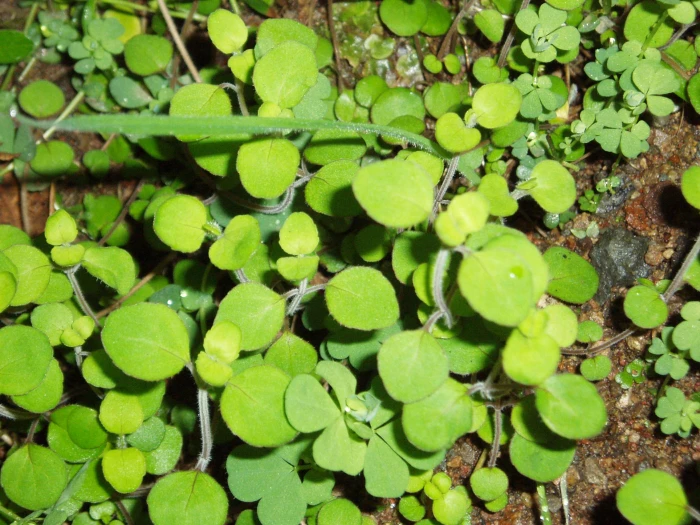Māori Mint
(Mentha cunninghamii)
Māori Mint (Mentha cunninghamii)
/
/

Ewen Cameron
CC BY 4.0
Image By:
Ewen Cameron
Recorded By:
Copyright:
CC BY 4.0
Copyright Notice:
Photo by: Ewen Cameron | License Type: CC BY 4.0 | License URL: https://creativecommons.org/licenses/by/4.0 | Uploader: Fæ | Publisher: Wikimedia Commons | Title: Mentha_cunninghamii_Benth._(AM_AK306128-1).jpg | Notes: {{Information |Description ={{en|1= ''Mertensia virginica'' Virginia Bluebell seen in Brooklyn Botanic Garden }} |Source =https://www.flickr.com/photos/sadh/17286046125/ |Author =[[User:Nafsadh]] |Date =2015-04-25 |Permissi... |















Estimated Native Range
Climate Requirements for Cornelius, North Carolina
| This Plant | Your Site | Plant Suitability for Your Location | ||
|---|---|---|---|---|
| • Precipitation | 26" - 239" | 45" | Aquatic | Aquatic |
| • High Temp. | 44°F - 76°F | 89°F | Your summers may be too hot for this plant. | Too hot |
| • Low Temp. | 8°F - 50°F | 29°F | Your winter temperatures are normal for this plant | Excellent |
This plant should grow well at your location with about N inches per year (Y minutes per month) of irrigation.
Summary
Mentha cunninghamii, commonly known as Māori Mint, is a perennial herb that can be evergreen or semi-deciduous depending on the climate. It is native to a variety of habitats in New Zealand and the Chatham Islands, including grasslands, open forests, and along stream banks. This plant typically grows from two to twelve inches in length and forms a low, spreading mat. Māori Mint produces small, white flowers from spring to fall, which are modest in appearance but can be quite numerous, creating a delicate display. The foliage is aromatic when crushed, releasing a minty fragrance.
Māori Mint is valued for its ease of cultivation and its use as a ground cover or border plant in gardens. It is also popular for its culinary uses, as the leaves can be used to flavor dishes similarly to other mints. In cultivation, it prefers full sun but can tolerate part shade, and requires medium amounts of water with well-draining soil to prevent root rot. While it is not known for serious pest or disease problems, it can spread aggressively if conditions are ideal, so gardeners should consider containing its growth to prevent it from overtaking other plants.CC BY-SA 4.0
Māori Mint is valued for its ease of cultivation and its use as a ground cover or border plant in gardens. It is also popular for its culinary uses, as the leaves can be used to flavor dishes similarly to other mints. In cultivation, it prefers full sun but can tolerate part shade, and requires medium amounts of water with well-draining soil to prevent root rot. While it is not known for serious pest or disease problems, it can spread aggressively if conditions are ideal, so gardeners should consider containing its growth to prevent it from overtaking other plants.CC BY-SA 4.0
Plant Description
- Plant Type: Herb
- Height: 0.1-0.2 feet
- Width: 0.1-0.2 feet
- Growth Rate: Moderate
- Flower Color: White
- Flowering Season: Spring, Summer, Fall
- Leaf Retention: Evergreen
Growth Requirements
- Sun: Full Sun
- Water: Medium
- Drainage: Fast
Common Uses
Bee Garden, Butterfly Garden, Deer Resistant, Fragrant, Low Maintenance, Rabbit Resistant
Natural Habitat
Native to grasslands, open forests, and stream banks in New Zealand and the Chatham Islands
Other Names
Common Names: New Zealand Mint
Scientific Names: Mentha cunninghamii, Mentha consimils, Micromeria cunninghamii
GBIF Accepted Name: Mentha cunninghamii (Benth.) Benth.